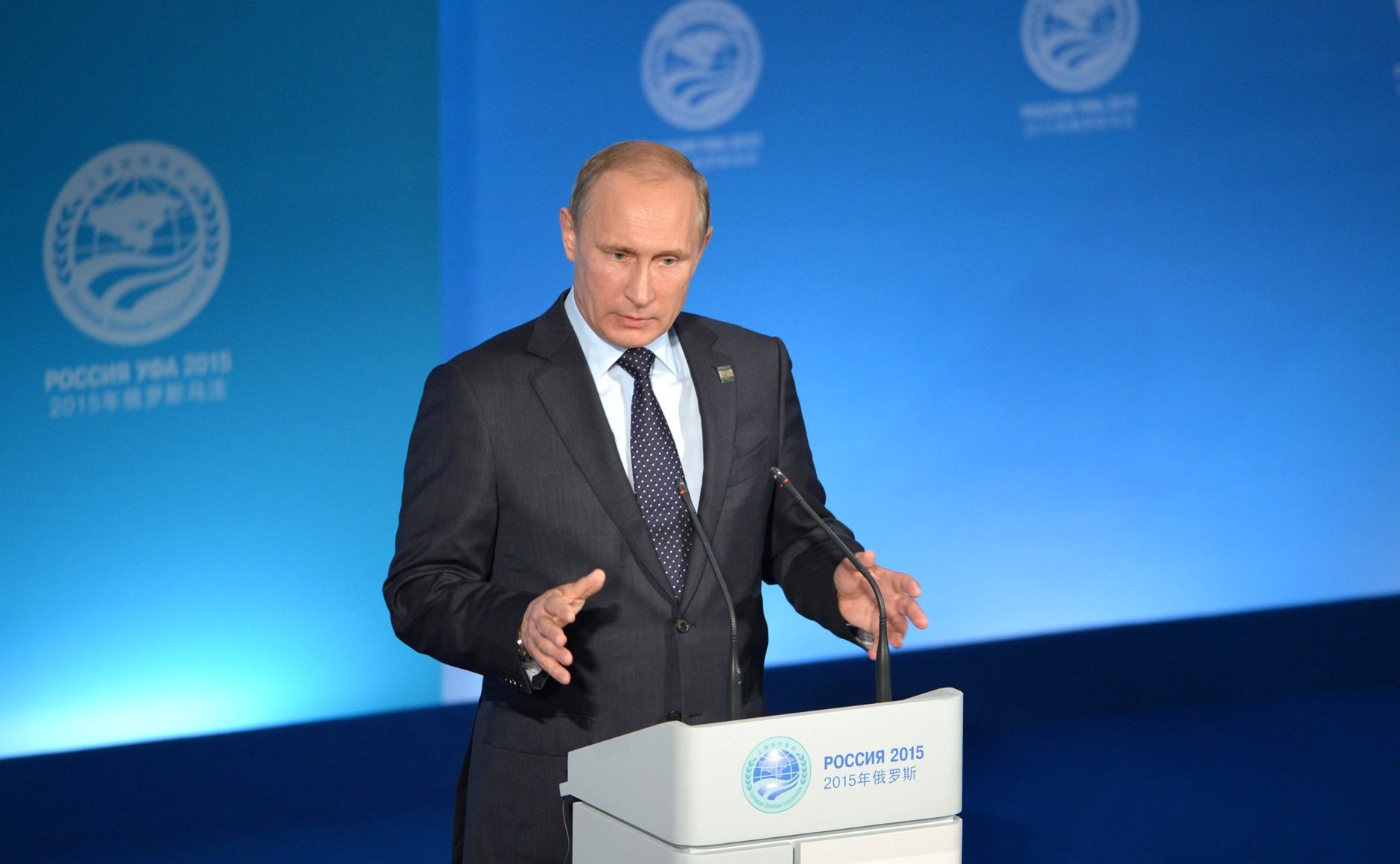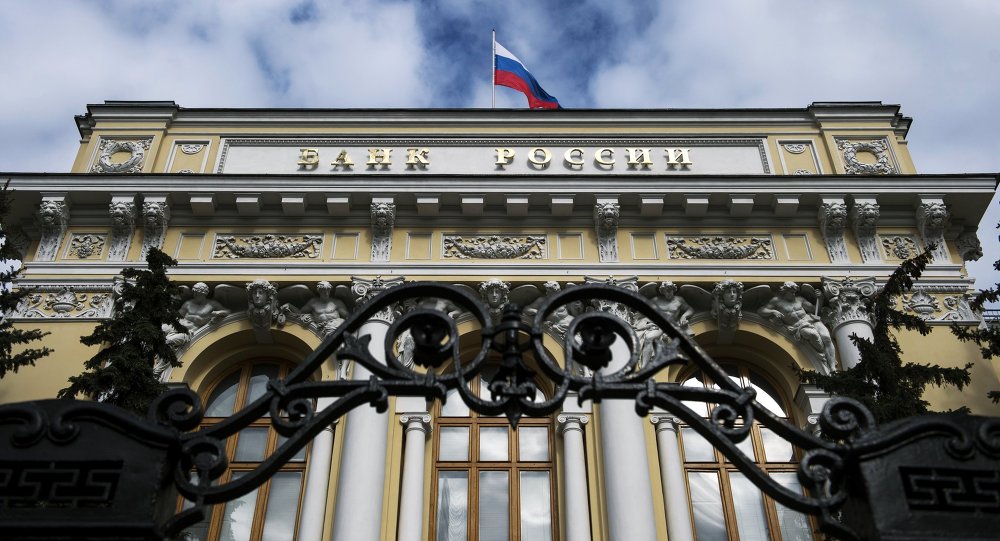
“We don’t understand one another, we don’t trust each other, but we are at least able to meet.”
This was one of the most memorable quotes from last week’s meeting of the Normandy group consisting of Germany, France, Ukraine and Russia. The group was established almost two years ago with the sole purpose to achieve a ceasefire in eastern Ukraine.
The result of this initiative has been the Minsk II agreement replacing its younger predecessor, Minsk I, which had failed to stop the war. Unfortunately, there are sporadic mentions so far of its implementation. It is also a “known secret” that this agreement is considered to be more or less dead.
The main justification for this is the fact that Russia expects Ukraine to fulfil its part of the deal first: autonomy for Donbas under Ukrainian law, legitimisation of the local elections and transferring social security payments to rebel authorities.
The Kyiv government in turn rightfully points out that this can only happen after Russia has militarily withdrawn from Ukraine and government control of the border with Russia has been fully restored.
But even if the latter did happen, it looks unlikely that Russia is going to reciprocate. To make things worse, the reality on the ground is that of an open conflict which has so far claimed more than 10,000 victims and caused 2 million Ukrainians to be displaced.
Putin now enjoys a position he could not even dream of four years ago.
On one hand, any diplomatic initiative that could lead to the cessation of the armed conflict and the suffering of civilians should be praised. On the other hand, the time has come for a reckoning: should Russia be treated as a conflict party in the Normandy group (just like Ukraine and the rebels are) rather than an arbiter? In my and other experts’ opinion, Russia is an aggressor who triggered these clashes to 1. Prevent Ukraine from freely deciding to belong to the West and 2. To fuel unrest in Europe.
The outcome of the recent meeting and the adoption of the framework peace plan cannot give Ukrainians much cause for optimism. The adoption of the peace roadmap will essentially only replace the already adopted Minsk agreements. This means that the original process will be replaced with another one that will apparently have a similar format and cycle.
Notwithstanding speculation, it is still too early to evaluate the roadmap to be presented by November. Anyway, it is hard to imagine that the new format of negotiations will ensure peace in Donbas.
If anybody was satisfied leaving the Normandy group meeting, this was clearly Putin. He has again gained time by tying the resolution of the problem to a process that needs to start anew. Incidentally, it is noteworthy to mention that Putin now enjoys a position he could not even dream of four years ago: through his aggression against Ukraine, he has brought back the Cold War; from a fragile strategic partnership, Russia is once again a security challenge for Europe.
Furthermore, the migration crisis is helping Putin to forge stronger alliances with the far right in Europe, which is thriving on the issue. In Syria and elsewhere too, Russia keeps strengthening its military presence by supporting dictatorial regimes. Last, but not least, Putin has managed to intricate himself even in the US presidential campaign.
As for the EU and Ukraine, the situation will only get increasingly complex and confusing. It is thus high time for the EU to toughen up its policy towards Russia. Once and for all, Putin´s margin for manoeuvring in Europe must be curbed, and the problem must be passed on to his home field.
Putin´s margin for manoeuvring in Europe must be curbed.
This can only be achieved by taking a clear and unified stance, namely in the form of large-scale economic sanctions. Perhaps also the cutting of gas and oil deliveries from Russia should at least be debated. But many member states still shy away from this, particularly those which are the most affected by either the EU’s or Russia’s sanctions to date.
In my opinion, it is necessary to make Putin occupy his time with his own domestic problems which are bound to arise from such sanctions. This would make it more difficult for him to carry out his subversive activities on the different external fronts. As for Ukraine, civil war notwithstanding, the country needs to accelerate the reform process.
Also against the background of these developments, the recent EU summit was expected to take a stronger stance against Russia. Regrettably, EU leaders have only managed to express their concerns over the events in Syria and the growing Russian propaganda efforts throughout Europe. In a world ridden with war, at a time when the EU has a hard time figuring out which problems to solve first, this is simply not enough.
The fact that the summit was not able to adopt clearer conclusions demanding extensions of the sanctions demonstrates a serious lack of EU unity, an inability to close ranks especially after Brexit.
Meanwhile, Putin is pursuing his own efforts: the influence he has been exerting over certain European countries is beginning to bear fruit in the form of their vague positions on sanctions. These countries prefer to defend their economic interests instead of taking difficult strategic positions.
They should do it not only for the sake of Ukraine, of the residents of Aleppo, but also for the sake of the future of the EU.
*This article originally appeared on Martenscentre



